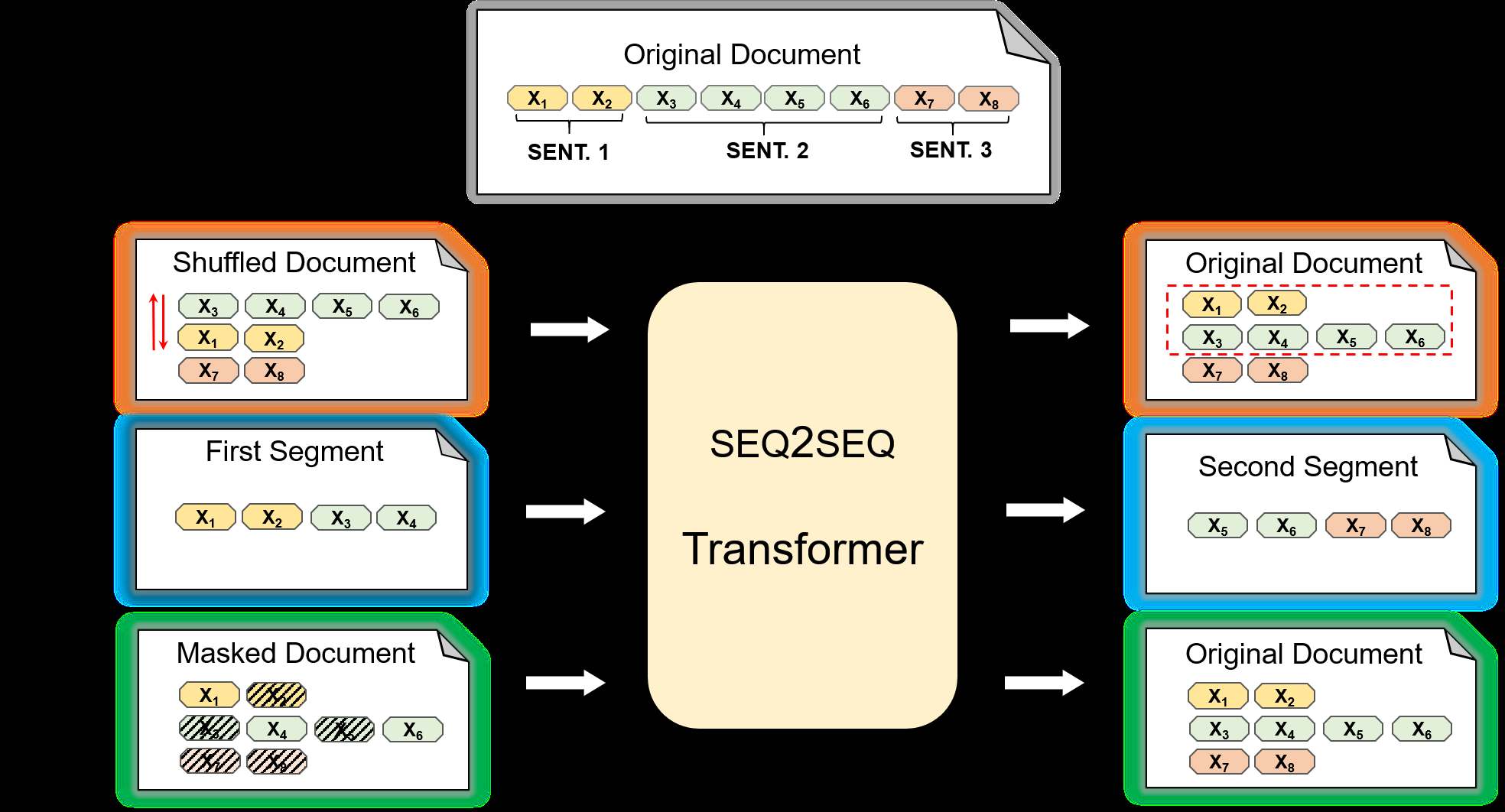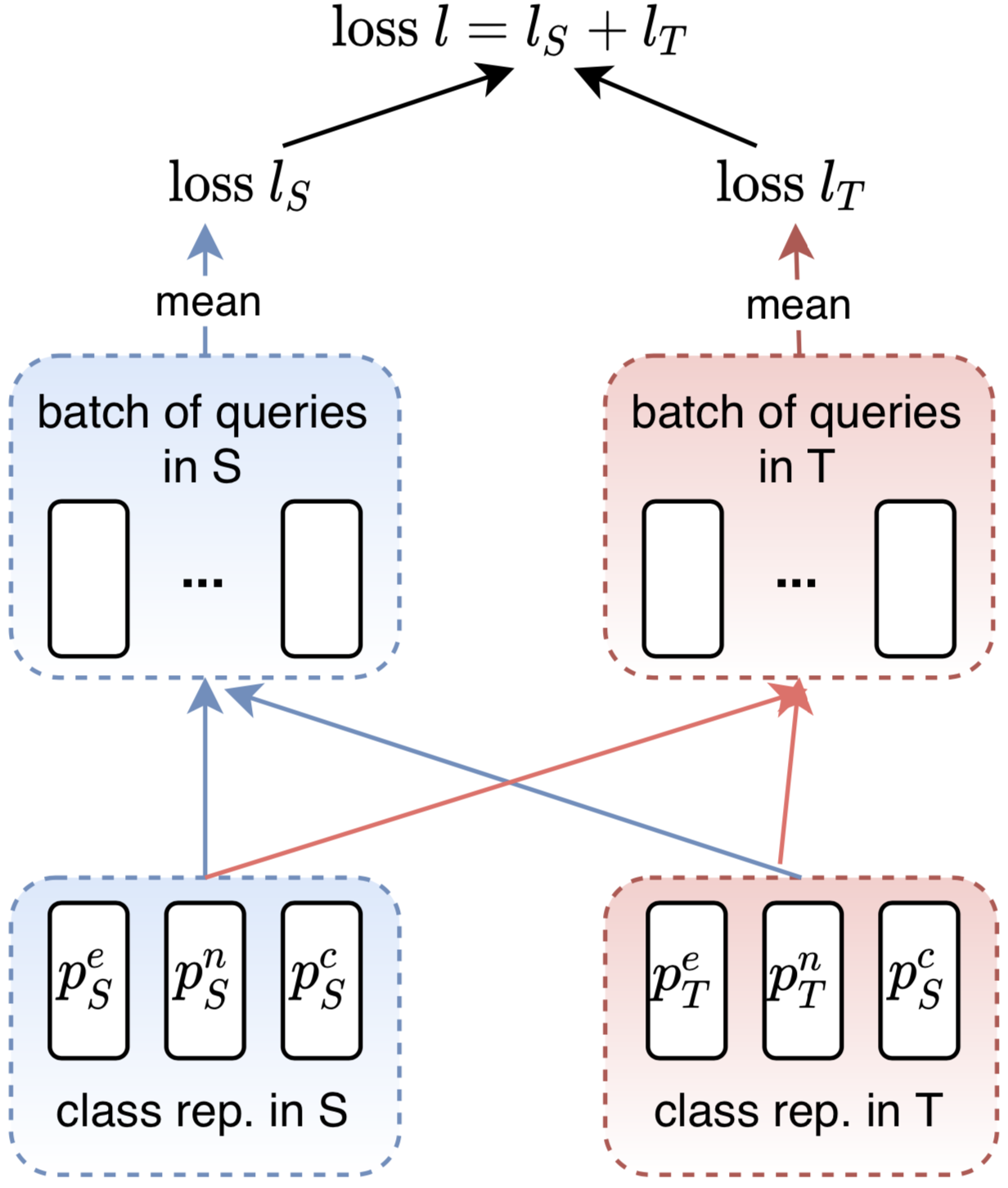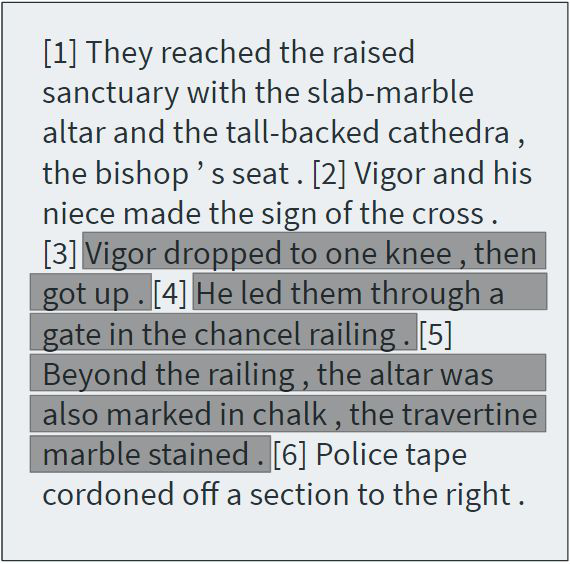Partially-Aligned Data-to-Text Generation with Distant Supervision
Zihao Fu, Bei Shi, Wai Lam, Lidong Bing, Zhiyuan Liu
Language Generation Long Paper

You can open the pre-recorded video in a separate window.
Abstract:
The Data-to-Text task aims to generate human-readable text for describing some given structured data enabling more interpretability. However, the typical generation task is confined to a few particular domains since it requires well-aligned data which is difficult and expensive to obtain. Using partially-aligned data is an alternative way of solving the dataset scarcity problem. This kind of data is much easier to obtain since it can be produced automatically. However, using this kind of data induces the over-generation problem posing difficulties for existing models, which tends to add unrelated excerpts during the generation procedure. In order to effectively utilize automatically annotated partially-aligned datasets, we extend the traditional generation task to a refined task called Partially-Aligned Data-to-Text Generation (PADTG) which is more practical since it utilizes automatically annotated data for training and thus considerably expands the application domains. To tackle this new task, we propose a novel distant supervision generation framework. It firstly estimates the input data's supportiveness for each target word with an estimator and then applies a supportiveness adaptor and a rebalanced beam search to harness the over-generation problem in the training and generation phases respectively. We also contribute a partially-aligned dataset (The data and source code of this paper can be obtained from https://github.com/fuzihaofzh/distant_supervision_nlg) by sampling sentences from Wikipedia and automatically extracting corresponding KB triples for each sentence from Wikidata. The experimental results show that our framework outperforms all baseline models as well as verify the feasibility of utilizing partially-aligned data.
NOTE: Video may display a random order of authors.
Correct author list is at the top of this page.
Connected Papers in EMNLP2020
Similar Papers
New Protocols and Negative Results for Textual Entailment Data Collection
Samuel R. Bowman, Jennimaria Palomaki, Livio Baldini Soares, Emily Pitler,

Pre-training for Abstractive Document Summarization by Reinstating Source Text
Yanyan Zou, Xingxing Zhang, Wei Lu, Furu Wei, Ming Zhou,

Universal Natural Language Processing with Limited Annotations: Try Few-shot Textual Entailment as a Start
Wenpeng Yin, Nazneen Fatema Rajani, Dragomir Radev, Richard Socher, Caiming Xiong,

